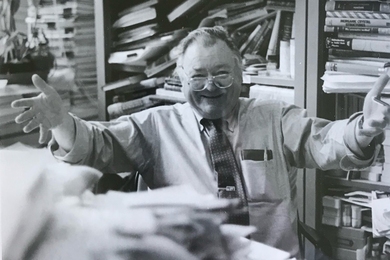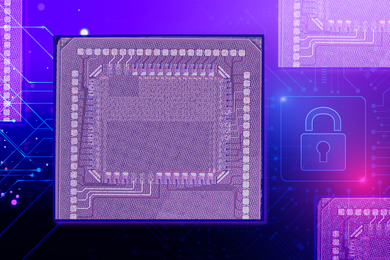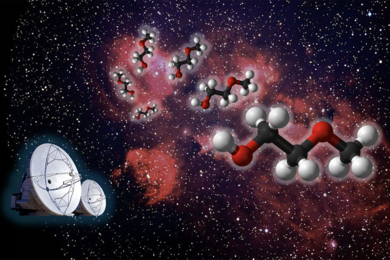The Department of Physics has announced winners of the 2000 Orloff Awards for excellence in undergraduate physics research, scholarship and service, as well as the Alan H. Barrett Prize for Excellence in Astrophysics.
The $1,000 Orloff awards were established by Dr. and Mrs. Daniel Orloff in memory of their son Joel, who died in an automobile accident shortly after receiving his degree in physics from MIT in 1978.
The research awards were presented to Mihai Ibanescu, a senior from Piatra Neamt, Romania, for "research involving the development of a radically new all-dielectric waveguide that can reproduce the TEM mode previously associated only with metallic coaxial cables;" and Daniel Dwyer, a senior from St. Charles, MO, for "his perseverance and skill in evading apparently inevitable numerical instabilities and thereafter doing a masterful and thorough first study of the physics of collision-induced decay of metastable solitons." Both winners have submitted articles on their work for journal publication.
The scholarship awards for the highest GPA in physics went to graduate student Dawen Choy of Singapore and senior Humberto Valdes of Miami.
Service awards were given to seniors Rafael Dinner of Highland Park, IL, for his contributions as president elect of the Society of Physics Students; and Gabriel Rockefeller of Rochester, NY, for playing an essential role in the success of CyberTutor (a web-based physics tutor) and for his activities as president of Burton-Conner House and vice president of the Dormitory Council, particularly for his contributions to 1999 Freshman Orientation.
Jessica Lackey, a senior from Houston, TX, won the Barrett prize for her undergraduate thesis work in analyzing and interpreting Rossi X-ray Timing Explorer data from anomalous X-ray pulsars. The $1,000 award, established by the late Professor Alan H. Barrett's students, friends, relatives and colleagues, honors his influence in the education of physicists and his fundamental contributions to the science and technology of astrophysics. It is awarded annually to a senior undergraduate or a junior graduate student on the basis of exceptional research in astrophysics at MIT.
A version of this article appeared in MIT Tech Talk on May 31, 2000.





